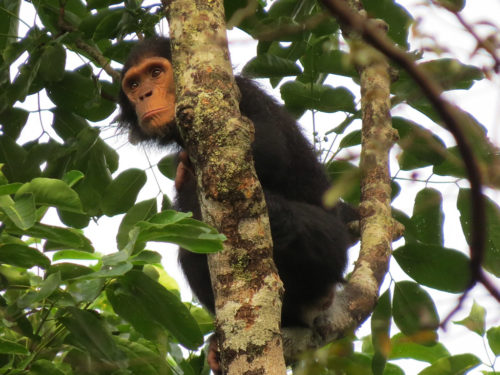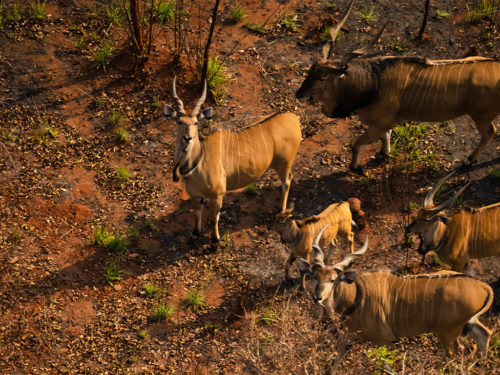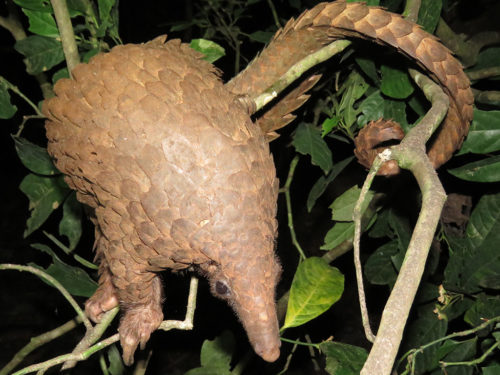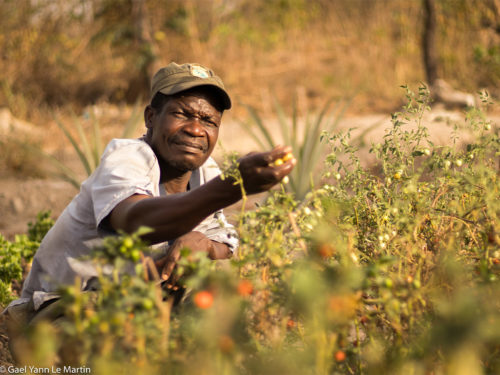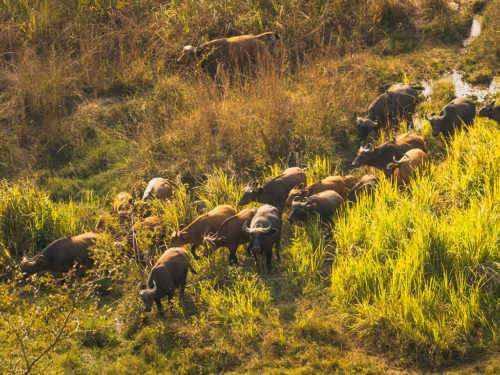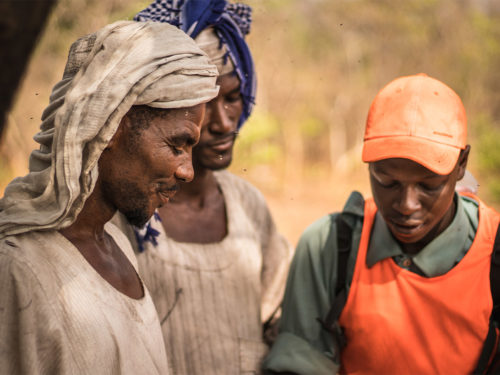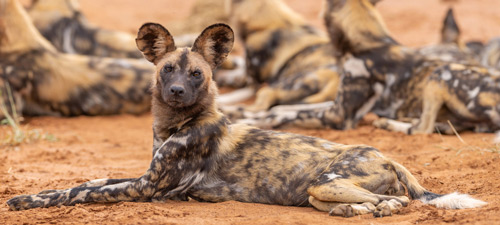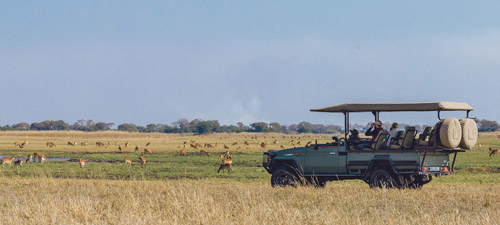
African Parks has signed a new 25-year partnership agreement with the Government of the Central African Republic (CAR) to actively preserve almost the entire Chinko basin – an area of 55,000km² (5,5 million hectares).
Located in south-eastern CAR, Chinko has exceptionally high levels of biodiversity and is one of the only places in the world in which both savannah and rainforest species occur. It is home to all four species of African pangolins, Eastern chimpanzees, Eastern giant elands, elephants and 24 species of carnivores including the northern lion subspecies Panthera leo leo and one of Central Africa’s last remaining populations of African painted wolves. (wild dogs).
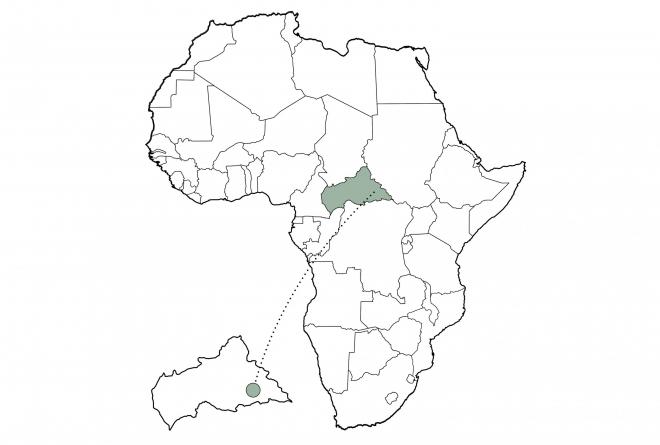
CAR is one of Africa’s most conflict-prone countries and, before African Parks’ involvement, research indicated that key mammal species in the region had declined by up to 95%. African Parks signed a Memorandum of Understanding to manage Chinko in 2014, but the intervening six years saw several severe challenges as the NGO began the process of creating stability in the region. These challenges included militarised poachers, illegally armed herders from Sudan and hundreds of thousands of livestock threatening the ecosystem. In 2017, 380 people (mainly woman and children) took refuge in Chinko from ethnic violence, where they were protected by African Parks rangers for over a year, receiving food, water, shelter, and healthcare. 45 of these Internally Displaced Persons are now employed by Chinko as transhumance sensitisation officers, reducing conflict with Mbororo cattle herders and helping them to observe park boundaries.
Since 2017, the lion population has grown from just a couple of individuals to over 30 today, and the numbers of several other species are also on the rise. Spotted hyena, warthog, Colobus and Patas monkeys, bushbucks, oribis and Grimm’s duiker are now regularly viewed, and leopard tracks have been spotted around the park headquarters. With the assistance of the European Union, US Agency for International Development, US Department of State, Elephant Crisis Fund, the People’s Postcode Lottery, the Lion Recovery Fund, and several private donors, Chinko has become the region’s largest employer and provides salaries for many through a conservation-led economy.
 DID YOU KNOW that African Parks offers safari camps (lodges and campsites) where 100% of tourism revenue goes to conservation and local communities? Find out more and book your African Parks safari.
DID YOU KNOW that African Parks offers safari camps (lodges and campsites) where 100% of tourism revenue goes to conservation and local communities? Find out more and book your African Parks safari.
Though for now African Parks will be occupied with securing Chinko, the ultimate plan is to increase long-term connectivity with the existing Yata-Ngaya and Zémongo Faunal Reserves which, if successful, has the potential to create the most extensive continuous protected wilderness in Africa (8 million hectares).
African Parks’ CEO, Peter Fearnhead, writes that “Chinko shows that even in complex places, it is possible to build a better, more secure future for people and wildlife by working with Government, communities and funding partners. As we face a global health crisis, this reminds us that we can build resilience in these ecosystems, in these places that deliver clean air and water, food, security, carbon sequestration, jobs, education and healthcare to support the bedrocks of human wellbeing.”
African Parks has successfully taken on the responsibility for the rehabilitation and long-term management of 17 national parks in 11 African countries – covering 13,3 million hectares. Read the full announcement from African Parks here.
To comment on this story: Login (or sign up) to our app here - it's a troll-free safe place 🙂.![]()


